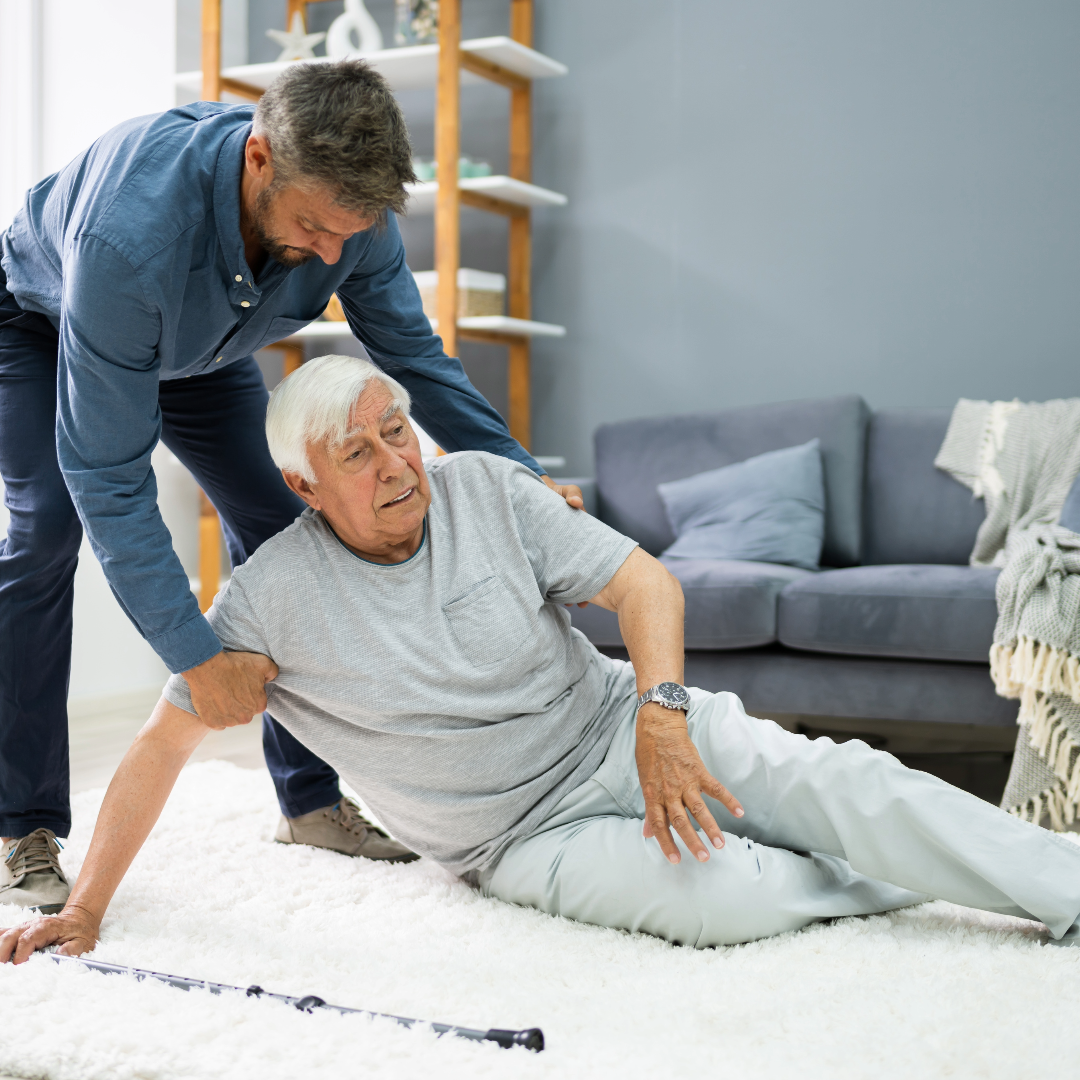The aging process brings with it a wealth of experiences and wisdom, but it can also introduce new challenges. One significant concern for seniors is the risk of falls, which can have serious repercussions on their health and independence. Falls are not an inevitable part of aging, and there are numerous steps seniors can take to prevent them. In this article, we’ll explore 20 essential fall prevention tips to help seniors enjoy a safer and more active lifestyle.
1. Regular Exercise: Physical activity is a cornerstone of fall prevention for seniors. Engaging in regular exercise helps maintain muscle strength, flexibility, and balance. Activities like walking, swimming, tai chi, and yoga are excellent choices. These exercises not only enhance physical well-being but also contribute to improved stability and coordination.
2. Home Safety: Creating a safe living environment is crucial for fall prevention. Seniors should conduct a thorough home safety check, identifying and rectifying potential hazards. This may involve securing loose rugs, removing clutter from walkways, and ensuring proper lighting in all areas.
3. Proper Footwear: The right footwear can significantly reduce the risk of falls. Seniors should opt for well-fitting shoes with sturdy soles and proper arch support. Non-slip footwear is essential, as it provides better traction on various surfaces, both indoors and outdoors.
4. Medication Management: Seniors should regularly review their medications with a healthcare professional. Some medications can cause dizziness or imbalance, increasing the risk of falls. Open communication with doctors and pharmacists can help seniors understand potential side effects and make informed decisions.
5. Vision Care: Maintaining good vision is essential for fall prevention. Regular eye check-ups ensure that seniors have the correct prescription and are aware of any visual impairments. Clear vision enables seniors to navigate their surroundings safely and accurately judge distances.
6. Hearing Health: Hearing loss can impact balance and increase fall risk. Seniors should prioritize their hearing health and address any hearing issues promptly. Clear communication and awareness of one’s environment are crucial for preventing falls related to hearing impairment.
7. Assistive Devices: Mobility aids like canes, walkers, and grab bars offer additional support and stability. Healthcare professionals can recommend appropriate devices based on individual needs. Using these aids correctly can enhance confidence and prevent falls.
8. Nutrition and Hydration: Proper nutrition and hydration play a pivotal role in fall prevention. Seniors should maintain a balanced diet rich in calcium and vitamin D to support bone health. Staying hydrated ensures optimal bodily function, helping to prevent dizziness and weakness.
9. Bathroom Safety: The bathroom can be a high-risk area for falls. Installing grab bars, non-slip mats, and raised toilet seats can greatly reduce the risk of accidents. Seniors should also be cautious when stepping in and out of the bathtub or shower.
10. Lighting Considerations: Good lighting is essential to fall prevention. Adequate illumination reduces the risk of misjudging distances or obstacles. Seniors should ensure that all areas of their home, including hallways, staircases, and outdoor pathways, are well-lit.
11. Stairs Safety: Navigating stairs requires extra caution. Seniors should always use handrails when available and avoid carrying heavy objects while using stairs. Taking one step at a time and being mindful of balance can prevent accidents.
12. Weather Awareness: Different weather conditions can increase fall risk. Wet leaves, rain, and frost can create slippery surfaces. Seniors should be aware of the weather and take appropriate precautions when venturing outdoors.
13. Regular Check-ups: Regular check-ups with healthcare professionals are essential for fall prevention. Doctors can identify and address underlying health issues that may contribute to fall risk. Staying proactive about health is a key component of maintaining balance and well-being.
14. Foot Care: Proper foot care is often overlooked but critical for fall prevention. Seniors should keep their toenails trimmed and their feet clean to prevent discomfort and minimize the risk of tripping.
15. Choosing Appropriate Footwear: Selecting the right footwear goes beyond fit and style. Seniors should prioritize shoes with non-slip soles, adequate arch support, and cushioning. Proper footwear enhances stability and reduces the likelihood of falls.
16. Avoid Rushing: Rushing can lead to accidents. Seniors should take their time when walking, getting up from a seated position, or performing daily activities. Rushing increases the chances of tripping or losing balance.
17. Engaging in Physical Activities: Regular physical activity is one of the most effective ways to prevent falls. Exercise improves muscle strength, balance, and coordination. Seniors should engage in activities such as swimming, tai chi, and yoga to enhance their overall stability.
18. Safety at Home: Creating a safe living environment requires a combination of awareness and action. Seniors should eliminate tripping hazards, secure rugs, and ensure proper lighting throughout their home. Installing handrails and grab bars in strategic areas can also enhance safety.
19. Promoting Bone Health: Strong bones are essential for preventing fractures. Seniors should consume foods rich in calcium and vitamin D, such as dairy products, leafy greens, and fortified foods. A balanced diet, along with weight-bearing exercises, contributes to optimal bone health.
20. Seeking Professional Guidance: Seniors should never hesitate to seek professional guidance for fall prevention. Doctors, physical therapists, and occupational therapists can provide personalized recommendations based on individual needs. These professionals can design exercise routines, suggest assistive devices, and offer strategies to reduce fall risk.
Conclusion: Preventing falls is a proactive endeavor that requires a combination of lifestyle choices, home modifications, and awareness. By following these 20 essential fall prevention tips, seniors can significantly reduce their risk of falls and enjoy a more confident and active lifestyle as they age gracefully. With a commitment to safety and well-being, seniors can navigate their daily lives with confidence and minimize the risk of accidents that could impact their health and independence.



